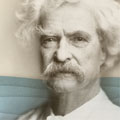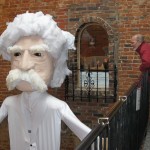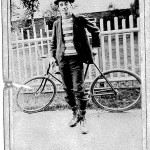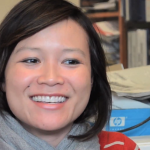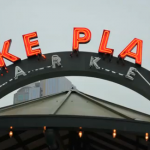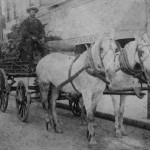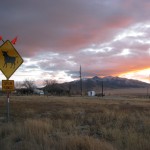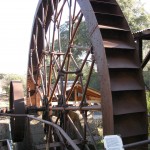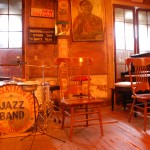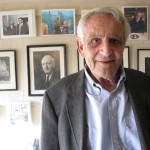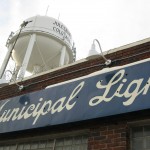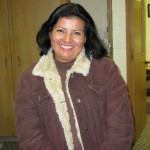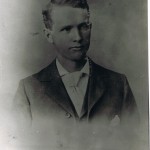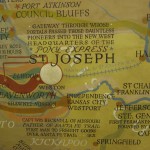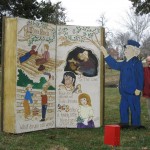Videos on YouTube portray Southbridge, Mass., as a dying mill town of loonies and losers. A snippet from producer Rod Murphy’s “Greater Southbridge” documentary makes Jerry Sciesnewski, a stuttering collector of empty soda and beer cans, into a symbol of the “Eye of the Commonwealth” (in a town of 17,000, American Optical, which left for Mexico a generation ago, once employed 6,000 people).
Jordan Forget’s video, “Top 10 Reasons Why Southbridge Sucks,” starts with reason 10: “Its [Forget forgot how to spell] full of bums and hobos.” The video ends with reason 1—the town is boring—before showing the Friendly’s restaurant on Main Street: “This is the best thing we have and even it suckz.” Ironically, Southbridge’s Friendly’s, which I recall fondly as a place to take my wife and two daughters for an afternoon ice cream cone, just closed forever.
Forty-two years after first arriving in Southbridge, I choose to remember the town of industrious immigrants for simple acts of kindness.
In 1969, shortly before I bought the 5,700-circulation Southbridge (Mass.) Evening News, Frank McNitt, the owner, allowed me to learn about the paper and town by working as his assistant. Before retiring each night to the Beechwood rooming house, I often ate dinner at Mario’s, a tiny Main Street restaurant.
Feeling sorry for a 28-year-old News employee who knew virtually nothing about Southbridge, restaurant owner Mario Piccione insisted during my first week in town on buying me dinner. When he later read I had become the paper’s owner, he sent me a small, celebratory orange tree.
So among the people I wanted to see during a return to Southbridge, after leaving the town and its newspaper in 1995, was Piccione. Ron Tremblay, Jean Ashton and Mark Ashton, so important to the success of the News during my time at the paper, joined me for lunch at Mario’s, now on Central Street.
Over delicious haddock and other favorite foods, we shared embarrassing stories—about the time I challenged Steve Jones, the sports editor, to a mile run around the high school track and, leaping for the finish line, wound up with my knees full of cinders that required a visit to Harrington Hospital. About one of my many self-indulgent editorials, a photo-filled piece about the Lamaze-style birth of our first daughter, in which I used the royal “we,” as if Jessica were coming out of my womb.
Piccione shows us a 1991 plaque that celebrated the hundredth anniversary of the arrival in Southbridge of the first of 2,000-3,000 Italian immigrants—“thrifty, hardworking people who quickly learned the English language and contributed to this community as masons, contractors, craftsmen and industrialists.”
He tells how Italian 50-cents-a-day, pick-and-shovel workers rid themselves of an Irish crew boss who urinated on them. And he recalls his father’s burial in St. Mary’s Cemetery: “The Southern Italians didn’t even want to be buried next to the Northern Italians.”
Only one other customer enters Mario’s during our lunch there, a reminder of how difficult it is for a restaurant to stay in business in today’s Southbridge. Across the street, the Ink-Toxicating Tattoos parlor and on Main Street Clockwork Tattoo have replaced higher-end retailers. Other prime Main Street retail spaces are empty or filled by tax services, driving schools or Iglesia Evangelica Sanando al Herido.
Even Southbridge’s churches are hurting. With only a combined two priests, the four Roman Catholic churches—Notre Dame, St. Mary’s, Sacred Heart and St. Hedwig’s—have begun to merge. Mark Ashton recalls that First United Methodist Church on Main Street often attracts only a dozen parishioners.
At lunch’s end Piccione shows me a copy of war correspondent Ernie Pyle’s Brave Men, a book about U.S. soldiers in World War II’s European theater, including Southbridge’s Pfc. George Slaven. Noting my interest in the book Piccione asks me to take it. It’s a gift, another simple act of kindness.
Loren Ghiglione



